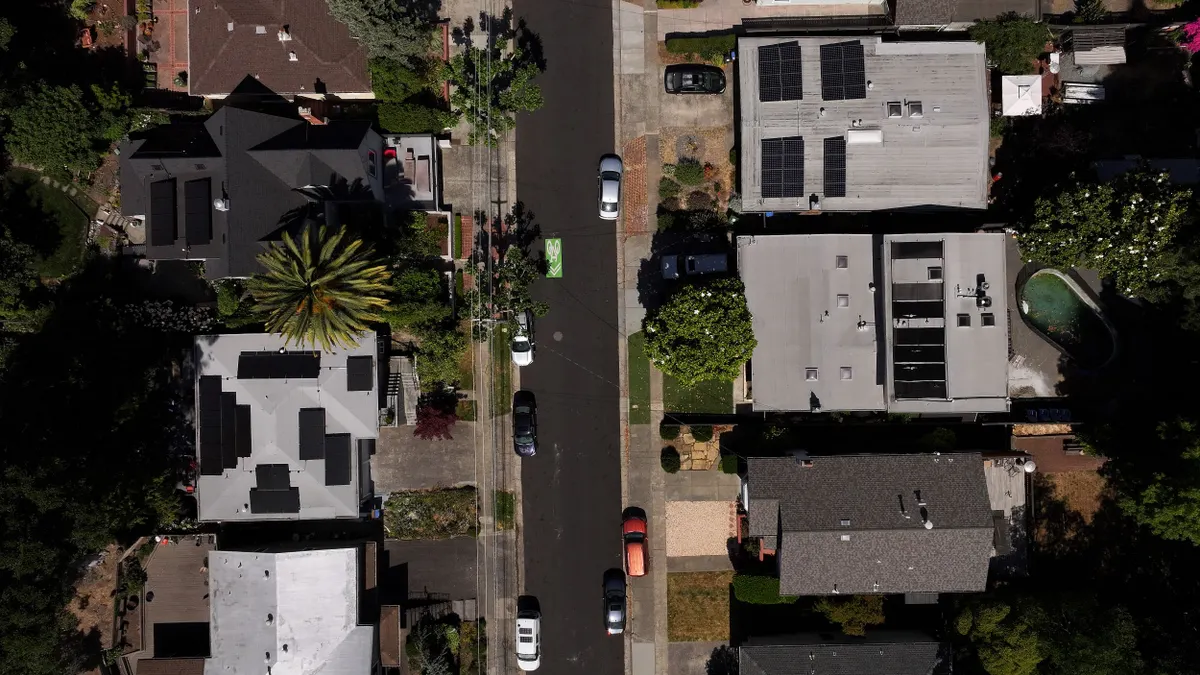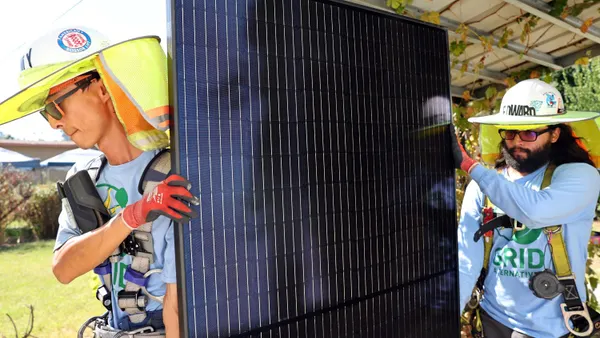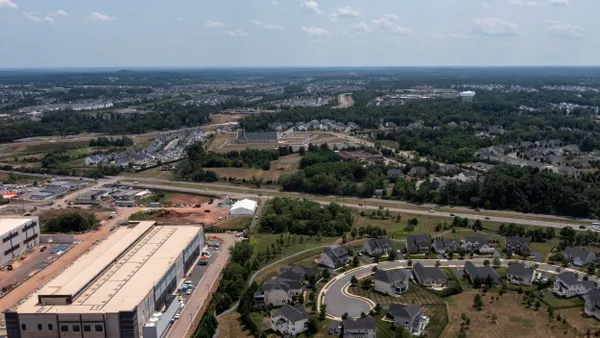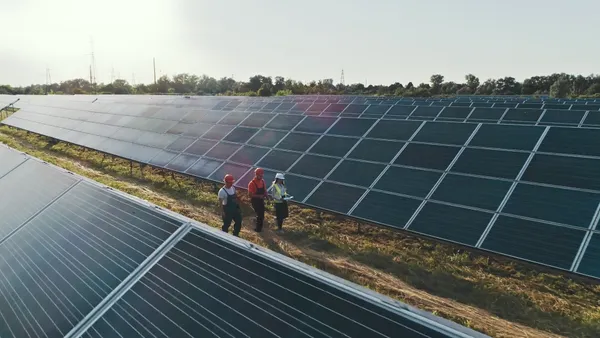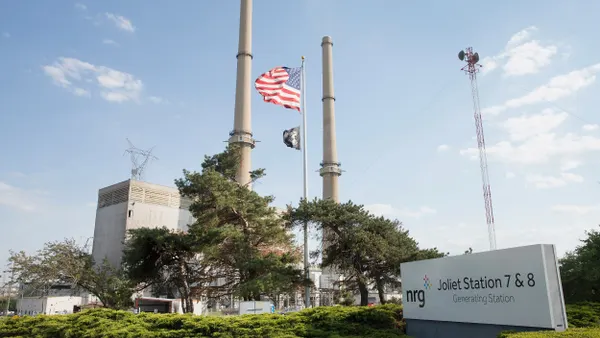Dive Brief:
- The North Carolina Department of Environmental Quality yesterday directed Duke Energy to excavate coal ash from all of its holding ponds in the state by 2024, but also asked the state legislature to allow reconsideration of the plan 18 months from now.
- The DEQ proposed classifying eight of Duke's coal ash ponds as high priority under the state's Coal Ash Management Act, requiring excavation by 2019, and 25 as intermediate priority, requiring excavation by 2024. But at the same time, the agency said the deadlines imposed by the law were "too compressed to allow adequate repairs" and called on state lawmakers to amend the measure.
- Duke immediately called for more study and a revised plan, but also said it remained committed to the cleanup. Critics of the decision say it allows the state to look tough before November elections, while later scaling down cleanup efforts.
Dive Insight:
There was virtually no chance yesterday's decision by the North Carolina DEQ would end the fight over Duke's coal ash basin cleanup: Both sides had already announced their intention to sue, depending on the outcome, and the the utility and environmentalists remain far apart on the issue.
But in a surprise move, the Department of Environmental Quality issued a decision Wednesday that had something for both sides to dislike.
If it sticks, the decision could be a costly one for Duke, finding all of the basins must be excavated. But the agency also said it would be challenging the law which set the basin cleanup schedule, possibly allowing for reclassification down the line.
“The deadlines in the coal ash law are too compressed to allow adequate repairs to be completed,” Donald R. van der Vaart, secretary of the state environmental department, said in a statement. “It also does not allow for revisions to the classifications based on new information about a pond’s risk to public health and the environment.”
DEQ previously proposed eight of Duke's 32 coal ash ponds would be classified as high risk, which would mean excavating and closing the sites by August 2019. Intermediate-risk sites would also be excavated, but on a slower schedule, with completion due by 2024. Low-risk ponds could be buried in place.
Yesterday's classifications, which DEQ calls "proposed," still mandate eight basins be excavated as high priority. All the others — 25 more basins — were labeled as intermediate and also in need of excavations. None of Duke's coal ash basins in North Carolina were labeled low priority, the classification it prefers.
The Coal Ash Management Act was passed in 2014, following Duke's spill of coal ash into the Dan River.
Duke Energy Chairman, President and CEO Lynn Good called the DEQ's decision an "important milestone," but also said "more data is necessary to get to final resolution." The CEO stressed Duke is committed to the cleanup, but added "my hope is that North Carolina uses that information in order to develop the right long-term rankings and solutions for the closure of basins."
In a statement, the company pointed out that DEQ "acknowledges that all basins except those already designated as 'high' could be ranked 'low' once that work is done and other steps are taken."
The company said it will seek clarification of the law within 60 days.
That sentiment was echoed by van der Vaart, who said the focus of the coal ash law "was to safely close all coal ash ponds," and not "to set pond closure deadlines based on incomplete information." While the proposed classifications were based on risks present today, they could change as current cleanup efforts continue, his agency said.
The possibility that coal ash basin designations could be changed alarmed environmentalists, who see the DEQ's decision as political cover in an election year.
“[T]his administration’s determination to bail out Duke Energy knows no end and, rather than stand up for impacted communities, DEQ now wants the law changed to give Duke Energy a do-over in 18 months," the Southern Environmental Law Center, which has been fighting for swift cleanup of the ponds, said in a statement. "Requesting that the legislature revisit the law and requirements, allows Gov. McCrory’s administration to say one thing to get through the election this fall, all subject to revision after the election."






